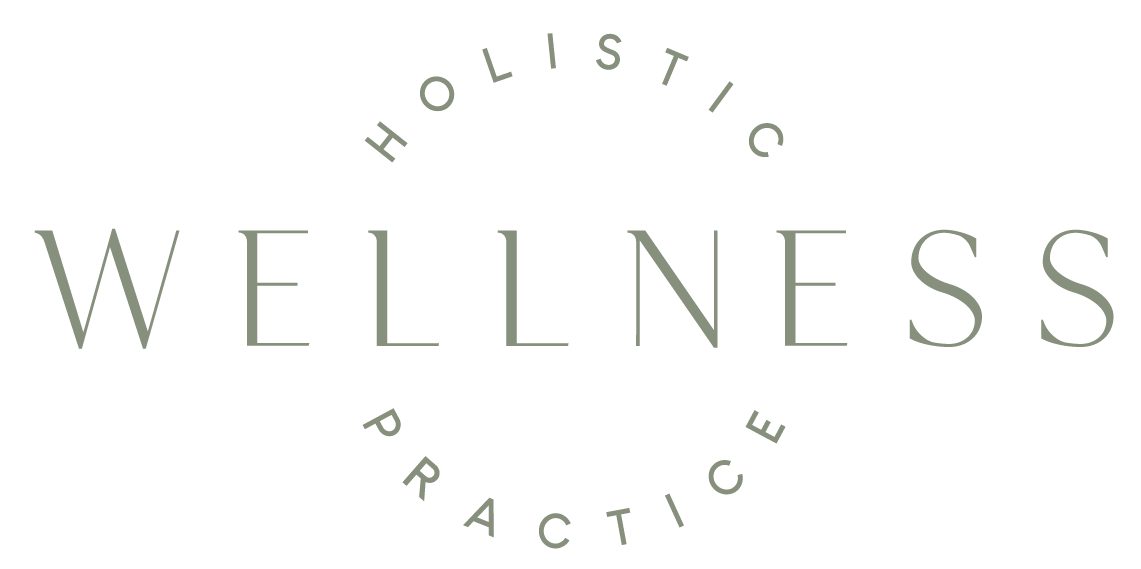We’ve all heard the word “forgiveness” in some form or other. But few people understand what it really means. We like it when people forgive us, but not so much when we have to be the ones to forgive.
Forgiveness can be hard, seemingly impossible, and feel defeating. It can even make you physically sick.
What is forgiveness?
It’s a decision. Sometimes it’s a daily decision you have to choose to make. People often think of forgiveness as a feeling, but it’s not. When you start to feel resentment, anger, and sadness, bubble up inside you, choose to forgive so that you can get your peace and joy back.
It’s a paradox. Does it really make sense? Usually not. This is definitely true when we choose to forgive without any real guarantee of acceptance or return.
It’s humbling. Very few things sink us to our knees like when asking for forgiveness. And it can also be humbling when we decide to forgive even when we know just how wrong we’ve been wronged.
It’s an emotion producer. Forgiveness stirs up intense feelings like nothing else. Good and bad. And we can think that we can’t choose to forgive because it still hurts so much. But you’ll find out why this isn’t true and why we can’t rely on how we feel or what our emotions are telling us as we decide whether or not to forgive.
What isn’t forgiveness?
Justification. Forgiveness is never about excusing or justifying behaviors, whether our own or someone else’s.
Forgetting. Just because we choose to forgive doesn’t mean that we wipe it clean from our minds and hearts.
Release of emotions. Your feelings won’t disintegrate just because you choose to forgive. You’ll still have to wrestle with pain, loss, regret, and shame among others.
Denying. We are not denying that it happened by choosing to forgive.
Obligation. True forgiveness isn’t done out of a feeling of obligation.
Dependent. It’s also not a “well if they do, I will” type of agreement. You choose to forgive regardless of what the other person chooses to do.
Have you ever met an unforgiving person?
You know the one, someone who just exudes rigid refusal to accept other people’s mistakes and shortcomings? They’re usually not too much fun to be around, especially if you make a mistake.
Unforgiving people often look like people who exaggerate the truth, blame others for everything, make excuses, are avoidant or withdrawn, or rationalize their behaviors.
Do you know anyone like this? Are you unforgiving?
What does it look like to forgive?
When you forgive someone, what does that look like? What do you do? What’s involved? How do you feel after you choose to forgive?
Have you ever been taught how to forgive? Have you ever used any forgiveness strategies, like the empty chair technique or the balloon release? Can you truly let the incident go after you choose to forgive?
These are all tough questions to answer and you may be unsure of how to tell if you’ve truly forgiven someone.
How do I know if I’ve really forgiven someone?
Freedom. You’ll feel free. Because the moment you truly forgive, you let the negativity melt away because you are taking care of yourself and taking responsibility for your own well being, instead of placing it in someone else’s hands.
Sensation of being hugged. In essence, you are giving yourself a big bear hug. It’s about being nice to yourself and giving yourself a healthy dose of self-respect. It will feel good! On the contrary, holding on to resentment, bitterness, and unforgiveness is like drinking rat poison and waiting for the rat to die.
7 Ways to Truly Forgive Someone
1. Seek Compassion
One truly effective way to heal is by finding compassion for yourself or someone else when something happens. Who are we kidding? We certainly aren’t perfect. And neither is anyone else. If compassion isn’t naturally the easiest thing for you to do, ask yourself these questions: Was it their way of protecting themselves? Are they in pain? Are they confused? Are they scared? What was their childhood like? Where did they learn their coping strategies? Once you begin to see the whole person from a different perspective, compassion will usually naturally happen.
2. Be Happy, Not Right
Have you heard the saying, “I’d rather be happy than right?” Adopt it and use it as your forgiveness protocol. Decide that your happiness is way more important than harboring negative feelings that don’t do you any good anyway. Is it worth it to carry around all that baggage? Why do you need to hear that you were right? Why is validation so necessary for you?
3. Forget About the Other Person
If you’re frustrated because someone did something to you, just take them out of the situation. Then what will you do? How will you handle it? This opens yourself up for a more positive, productive, helpful reaction. It’s not about them, it’s about you. Use the situation for growth, not conflict. Put on your problem-solving hat and get to it.
4. Ask Your Higher Power
It’s always a wise idea to take your feelings to God (or whoever you go to), and let Him help show you how to tackle conflict. Ask Him to ease your tensions and worries, place them at His feet, then ask Him to lead you where you should go. In my experience, He has never steered me wrong. If you’re a Jesus-follower, remember that Jesus was full of love, peace, and unity. Try to model your own forgiveness the way that Jesus did.
5. Get Some Perspective
It’s always a good idea to remove yourself from the situation, take a step back, and see the bigger picture. There’s always a bigger picture. Don’t trust that your assumptions are true. Don’t trust that your feelings are valid. Breathe, pause, take care of yourself and then come back to the problem at hand. Watch how fast resentment falls away.
6. Give It Time
Ask yourself, “Is this going to matter in a month or so?” Or another question to yourself, “am I going to remember what this was about next year?” My guess is probably not. And even if you do, the same intense feelings probably won’t be there. Let time do its magic.
7. Get Some Help
If you’re still struggling with forgiveness, get in touch with a professional. Counselors, therapists, and life coaches are trained to help you learn the skills to forgive and move on. Life is too short to spend it unhappily harboring negative emotions. Contact Holistic Wellness Practice for a free consultation to discuss this further.
Kristi Schwegman is a psychotherapist specializing in helping couples develop healthy relationships, whether dating, engaged, or married. She also draws from her Christian-based approach to lead individuals in becoming aware of the limiting beliefs that can get them stuck.
We offer in-person and virtual services – contact us today to learn more!







